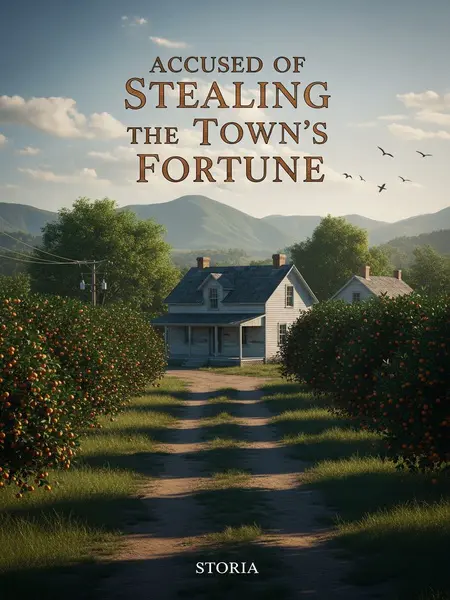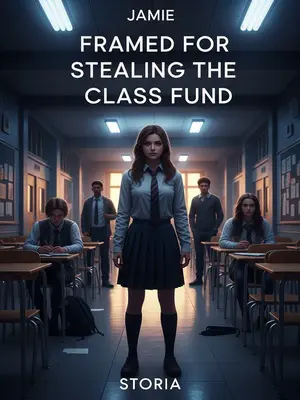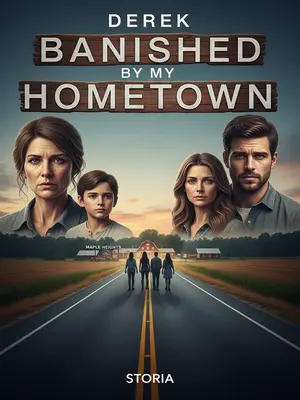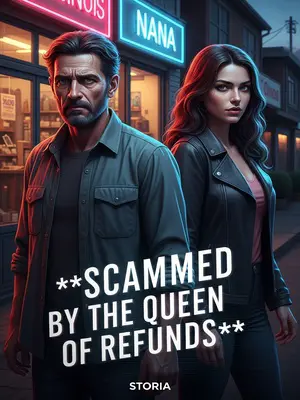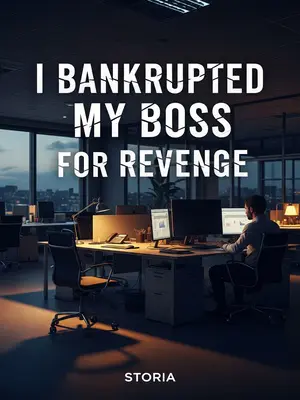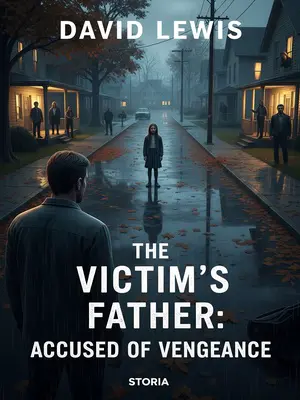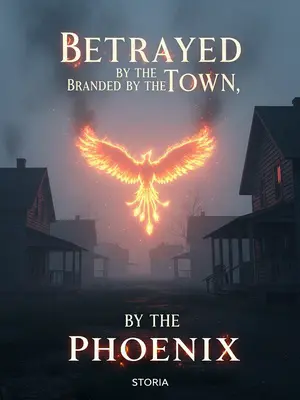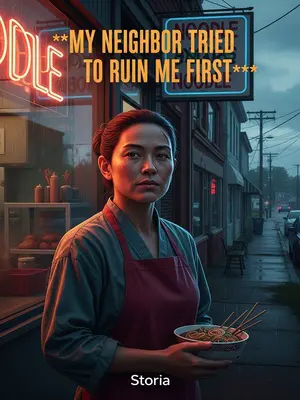Chapter 2: A Thanksgiving Reckoning
That wasn’t the first time I’d tried to help. Years earlier, after graduating college, I made the drive back home—the landscape shifting from strip malls and billboards to rolling farmland, radio fading from pop to classic country. Farming wasn’t enough to live on, so I’d found a city job, but my parents stayed behind. The city never meant much to folks who’d watched the sunrise over these fields their whole lives.
The day before Thanksgiving, I hustled through my work, caught the evening bus, and rode back to Maple Heights. The air was sharp with woodsmoke, and the porch light flickered as Mom set out a pie to cool. But even before I stepped inside, I could feel something was wrong. Dad stood at the edge of the field, staring at the mandarin trees, his shoulders hunched like he was bracing for bad news.
He didn’t even look up as I dropped my duffel on the porch. The scent of citrus hung heavy, but his gaze was locked on the horizon.
"What’s wrong? Something happen?"
I tried to sound casual, but worry bled through. "Tell me, maybe I can help."
Dad looked over, skeptical. "It’s October. You know the mandarins are almost ripe, right?"
I nodded, waiting.
He let out a sigh that sounded like it came from the soles of his boots. I recognized that kind of sigh—it always followed a busted water pump or a letter from the bank.
"But what’s the use? The plant that promised to buy our crop just backed out. Claimed poor sales, tried to cancel the order. Your mom and I ripped out all our beans and corn for these mandarins. Now what—just let ’em rot?"
The fields were still scarred where we’d torn up last year’s soybeans. I remembered digging in the dirt with Mom, dreaming about a better future. Now Dad’s voice shook with frustration.
"After the news got out, the supervisor and a couple of your uncles got riled up and stormed over to the plant. Made a big scene."
"The plant finally caved, said they’d buy—but only if we dropped the price. Claimed they’re losing money. Used to pay $2.70 a pound, now they’re offering just $0.90."
"We can’t even break even on that. Feels like they’re trying to bleed us dry. So the guys got mad, said they’d rather let the fruit rot than sell it that cheap. The plant folks just shrugged and drove off. And the supervisor—don’t even get me started. Even $0.90 is something. Instead, we get to watch the fruit rot. They got to blow off steam, but it’s folks like us who pay the price."
Dad’s voice cracked—a sound I’d only heard after a long day or a real heartbreak. Anger and defeat mixed in every word.
"Son, you work in the city. Can you ask around—see if any of your friends or coworkers want mandarins for Christmas?"
My eyes burned. I tried not to let him see.
The kitchen light flickered overhead. For a moment, all I heard was the fridge humming. I wanted to fix it, wave a magic wand, but life doesn’t work that way.
"A couple folks isn’t gonna make a dent. That’s retail—five, ten pounds at most. Even two or three boxes is a stretch. City folks care about health these days. Who’s gonna buy a truckload of mandarins for home?"
Dad stubbed out his cigarette on the table, ash scattering across the faded tablecloth. His hands shook with frustration.
"So that’s it? All our work, just going to waste?"
I clenched my fists, but the words stuck in my throat. I couldn’t argue with him. The silence felt heavy, thick enough to choke on.
